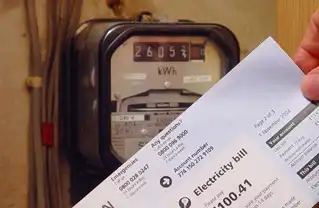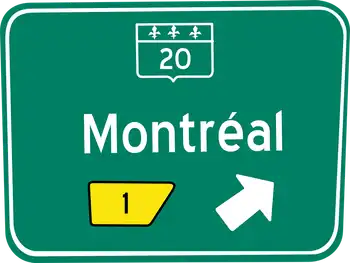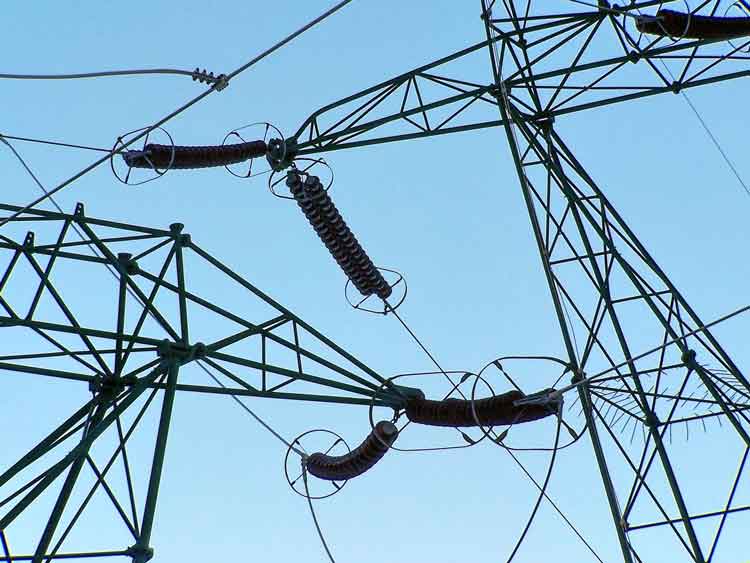Power rival of BGE falters
By Knight Ridder Tribune
High Voltage Maintenance Training Online
Our customized live online or in‑person group training can be delivered to your staff at your location.

- Live Online
- 12 hours Instructor-led
- Group Training Available
Instead, Ohms became the latest example of how alternative energy providers have struggled to gain a toehold in Maryland despite BGE's 70 percent rate increase over the past year. The state Public Service Commission indefinitely suspended Ohms' license to sell power Friday after it fell behind on payments to suppliers and disclosed that it could no longer serve its 2,100 customers.
Regulatory documents indicate the company ran out of money and couldn't come up with the collateral required to comply with energy market trading rules. Ohms and other retail power marketers have also fallen victim to volatile energy prices and a regulatory scheme that allowed BGE to acquire its power supply this year at a price many competitors big and small find they can't beat.
The PSC's Web site lists 27 licensed energy suppliers in Maryland, but only a fraction of those are actively soliciting new residential customers. Fewer than 3 percent of BGE's 1.1 million customers have switched to alternative energy suppliers since de egulation brought electric choice to the marketplace. That number hasn't budged despite the BGE rate increase.
"I think we already reached a conclusion last year that competition for residential customers just isn't happening," said Theresa V. Czarski of the Maryland Office of the People's Counsel, which advocates for utility customers. "When it does happen, it oesn't last very long, which is why we've been trying to interest people in re-regulating electric supply for residential customers." Ohms' customers were notified last week that they will be getting their power from BGE, which is required to take back customers if a competing supplier defaults.
The PSC said it doesn't know of any customers who lost money as a result, and White declined to comment on the matter. But those who signed up with Ohms will no longer get the small savings the company promised over BGE's rate.
"From our perspective, it's the consumer that loses because the customer has a right to electric choice," said LaWanda Edwards, a PSC spokeswoman. "They made their choice with Ohms Energy and it's unfortunate that the company was not able to deliver as romised." The commission said Ohms could recover its license if it comes up with the money needed to comply with market rules.
PJM Interconnection, which operates the wholesale energy market for Maryland and 12 other states, requires energy suppliers to maintain nough collateral to cover a potential default. Such rules protect the market against the kind of default that occurred after Enron collapsed in 2001. Ohms notified the PSC Aug. 20 that it couldn't cover a $269,834 payment to PJM for its July power purchases. That meant PJM would have to dip into the $392,000 it held in collateral from Ohms unless the company could come up with the funds by Aug. 23. The company indicated it intends to reorganize and attempt a comeback.
White, Ohms' founder, said the company's small size and rising energy prices contributed to its difficulties. He said the company is cooperating with the PSC in hopes of resolving the commission's concerns. "We just have some difficulties we're currently straightening out," he said.
With few employees and a small customer base, Ohms faced bigger hurdles than some multistate energy marketers that have offered residential energy contracts in Maryland. But its struggles in the energy market are not unique. Retail energy marketers operate by trying to secure power from wholesale suppliers at a price lower than what BGE and other utilities charge.
But rising wholesale prices have made that difficult to do. The problem was exacerbated when BGE went into the arket to lock in its power supply at a time when prices were lower than they are today. State regulations require BGE to enter the market to buy power at specified intervals through a competitive bidding process.
That scheme has been criticized by consumer advocates, who favor a more flexible approach that could yield lower prices. Lawmakers passed legislation this year ordering the PSC to study that and other ideas - including the possibility of some form of re-regulation. L. Wayne Harbaugh, BGE's manager of pricing and regulatory services, said the regulatory uncertainty is contributing to the lack of competition among retail suppliers.
Few competitors are willing to invest millions of dollars to attract customers in Maryland for fear that lawmakers will change the rules down the road, he said. "When we talked to retail suppliers, they said they were reluctant to come into Maryland because of uncertainty at the legislative level," he said.











